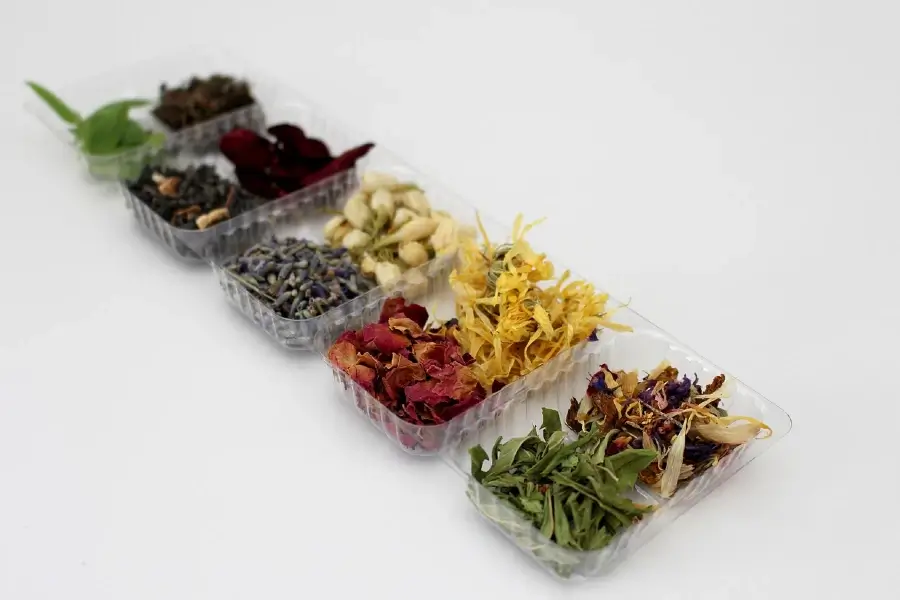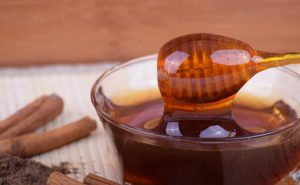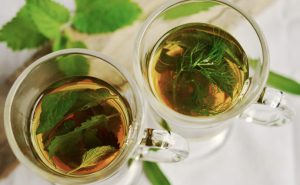Zimbabweans Seek Solace In Medicinal Plants
Zimbabwe is a southern African nation well-known for its traditional medicine and illustrious cultural history.
A wide variety of indigenous plants have a long history of medicinal usage throughout the nation. Many Zimbabweans continue to depend on these herbal cures to keep themselves well, and they have become an essential element of Zimbabwean culture.
Moringa is a widely used herbal remedy in Zimbabwe. A few of this plant’s well-known health advantages include enhancing digestion, lowering inflammation, and strengthening the immune system. In Zimbabwe, you can find moringa at most health food stores; it’s commonly taken as a tea or powder.
Zimbabweans also often turn to the African potato as a natural treatment. Arthritis, asthma, and hypertension are just a few of the many ailments that this plant helps alleviate. You can find African Potato in most health food stores in Zimbabwe, and it is commonly consumed in tea or powder form.
Another common Zimbabwean herbal treatment is ginger.
Another common Zimbabwean herbal treatment is ginger. Many people turn to this plant when they’re experiencing gastrointestinal problems like nausea or vomiting because of its anti-inflammatory qualities. You can drink ginger tea or use it as a spice in your cooking.
Zimbabweans also often turn to Baobab fruit, which is high in vitamin C and helps strengthen the immune system, and Rooibos tea, which has antioxidant qualities.
For many reasons, more and more Zimbabweans are turning to therapeutic herbs, such as:
Conventional medicine’s high price tag has put many Zimbabweans out of reach due to the country’s economic woes.
The Zimbabwean public healthcare system is in disrepair, and as a result, some people are looking for private healthcare providers.
Zimbabweans put their faith in traditional healers and herbal medicines because of the cultural significance of these practices.
Historical Roots: Zimbabwean folk medicine has a long tradition of employing herbs.
Let’s take a deeper dive into these trends:
Reasonable Cost: Medicinal herbs are often considered a less expensive alternative to traditional pharmaceuticals.
Herbs are more easily accessible than prescription medications because they are commonly sold at local markets.
Some Zimbabweans put their faith in traditional healers and herbal medicines because of the cultural significance of these practices.
Zimbabwean society has long relied on natural treatments.
Having said that, there are a few downsides to consider:
There is a lack of stringent regulation for the sale and usage of medicinal herbs in Zimbabwe, which raises issues over their safety and quality.
There is frequently insufficient scientific research to validate the efficacy and possible adverse effects of herbs, even though some of these substances may have beneficial benefits.
Possible Interactions: It is essential to consult a doctor before using herbal treatments, as they may interfere with conventional pharmaceuticals.
In sum, Zimbabweans’ reliance on medicinal herbs is a reflection of the country’s complicated history of balancing cultural practices, economic constraints, and healthcare system shortcomings.
Last but not least, Zimbabwean society has long relied on natural treatments. Zimbabweans have been able to keep themselves healthy because to the abundance of natural cures made from the country’s indigenous plants. Zimbabwean traditional medicine still heavily relies on herbal treatments like African potato and moringa.













